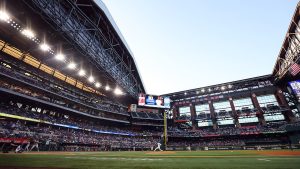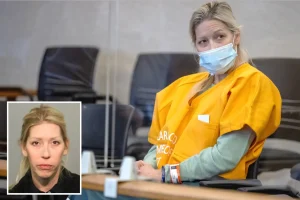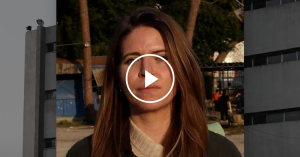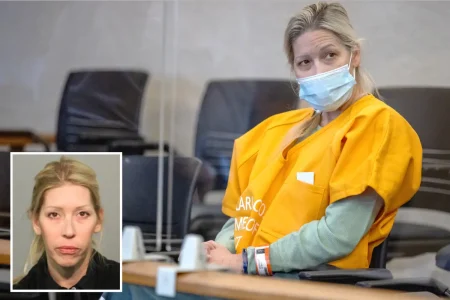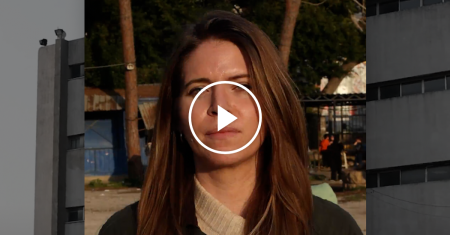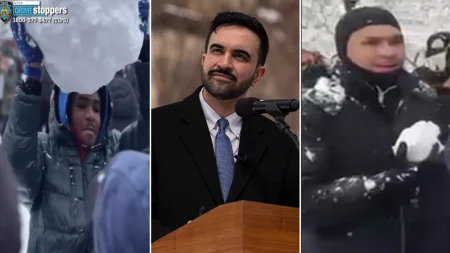Jimmy Lai’s Trial: A Defining Moment for Hong Kong’s Future and US-China Relations
Democracy’s Last Stand: How a Media Mogul Became the Face of Hong Kong’s Struggle
In a sparse courtroom in Hong Kong, 76-year-old Jimmy Lai sits quietly as proceedings unfold in what many international observers call the most significant political trial in the city’s recent history. The founder of Apple Daily, once Hong Kong’s most popular pro-democracy newspaper, faces potential life imprisonment under the sweeping national security law Beijing imposed in 2020. As the verdict approaches, Lai’s case has transcended an individual legal battle to become a powerful symbol of China’s determination to silence dissent in the former British colony and a litmus test for American influence in the region.
Lai’s journey from impoverished child refugee to self-made billionaire media tycoon embodies the Hong Kong success story that was once celebrated worldwide. Arriving penniless from mainland China at age 12, he built a retail empire before founding Apple Daily in 1995, creating a bold voice for democracy that consistently challenged Beijing’s authority. “I believed in the promise of ‘one country, two systems,'” Lai told this reporter during an interview before his imprisonment. “Hong Kong represented something precious—a place where Chinese people could speak freely, protest openly, and demand accountability from those in power.” That vision now appears increasingly remote as Lai approaches his fourth year in detention, having been held without bail since December 2020 despite international protests and diplomatic interventions.
The Trial That Silenced a City’s Voice
The charges against Lai—conspiracy to collude with foreign forces and publishing seditious materials—stem from articles published in Apple Daily that supported international sanctions against Chinese officials. Prosecutors have characterized these writings as attempts to undermine national security, while defense attorneys maintain they represent legitimate journalistic expression protected under Hong Kong’s Basic Law. The prosecution’s case has drawn criticism for its broad interpretation of the security legislation, with evidence including Lai’s Twitter posts, meetings with American officials including former Vice President Mike Pence, and Apple Daily editorials critical of Beijing’s policies.
The trial has unfolded against a backdrop of systematic dismantling of Hong Kong’s civil society. Since the 2019 protests that saw millions take to the streets, authorities have arrested over 10,000 people, closed independent media outlets, and rewritten election laws to eliminate meaningful opposition. International human rights organizations document that more than 230 people have been arrested under the national security law, with some facing prosecution for actions as simple as displaying protest slogans or possessing politically sensitive books. “What’s happening to Jimmy Lai isn’t just about one man or one newspaper,” explains Maya Wang, associate Asia director at Human Rights Watch. “It’s about establishing a new reality where criticism of the government is criminalized and where freedom of expression exists only within increasingly narrow boundaries approved by Beijing.”
Beijing’s Calculated Risk in the International Arena
For Chinese President Xi Jinping, the prosecution represents a calculated diplomatic gamble. By proceeding with such a high-profile case against a figure with significant international connections—Lai holds British citizenship and has met with numerous Western political leaders—Beijing signals its unwillingness to compromise on what it considers core sovereignty issues, regardless of potential diplomatic fallout. This stance has already generated consequences, with the United States imposing sanctions on Hong Kong officials involved in the security crackdown and the European Parliament passing multiple resolutions condemning Lai’s detention.
The timing of the trial’s conclusion coincides with shifting geopolitical currents, particularly as President-elect Donald Trump prepares to return to the White House. During his previous administration, Trump maintained an inconsistent approach toward Hong Kong’s democracy movement, alternating between expressions of support and suggestions that the protests were internal Chinese matters. However, his second-term foreign policy team includes several China hawks who have specifically advocated for Lai’s release. Secretary of State nominee Marco Rubio has repeatedly called Lai’s prosecution “a travesty of justice,” while Robert O’Brien, rumored to be considered for a senior national security role, previously met with Lai and described him as “a patriot, not a criminal.” These connections have fueled speculation about whether Trump might prioritize Lai’s case as a potential early foreign policy victory and test of influence with Beijing.
The Human Cost Behind Political Calculations
While diplomatic strategies unfold, the personal toll on Lai and his family continues to mount. His son, Sebastien Lai, has become a tireless advocate, traveling to international forums including the United Nations Human Rights Council to highlight his father’s case. “My father’s crime was telling the truth about Hong Kong and believing in basic freedoms,” the younger Lai stated during a recent press conference in London. “He knew the risks, but he believed Hong Kong’s future was worth fighting for.” Court observers note that despite nearly four years of detention in a maximum-security facility, the elder Lai has remained composed throughout proceedings, occasionally exchanging brief smiles with supporters permitted to attend the trial.
Former Apple Daily journalists, many now living in exile, describe a man whose commitment to press freedom never wavered even as threats mounted. “Mr. Lai could have left Hong Kong many times. Other wealthy businesspeople relocated their assets and families to Singapore or London when they saw which way the wind was blowing,” explains a former editor who requested anonymity due to security concerns. “But he stayed because he believed abandoning Hong Kong would betray everything he had built and everyone who had trusted his newspaper to speak truth to power.” This commitment carried a devastating personal cost—the forced closure of his media company, separation from family, and the likely prospect of spending his remaining years in prison.
A Watershed Moment for Hong Kong’s Future
Legal experts widely expect a guilty verdict in Lai’s case, pointing to the nearly 100% conviction rate in national security cases to date. The more significant question involves sentencing and whether international pressure might influence Chinese authorities to consider health or humanitarian factors for the elderly defendant. “Beijing faces a delicate balancing act,” explains Professor Jerome Cohen, a leading scholar on Chinese law at New York University. “A harsh sentence solidifies control but generates significant international blowback. A more lenient approach might be interpreted as weakness by hardliners within the system.”
Whatever the outcome, Lai’s case represents a watershed moment for Hong Kong’s transformation. The city that once prided itself on robust legal protections and press freedom now operates under a system where political loyalty increasingly trumps judicial independence. International business leaders express growing concerns about legal predictability, with several major financial institutions quietly reducing their Hong Kong operations. Meanwhile, a new generation of Hong Kongers comes of age in an environment where political expression carries unprecedented risks, creating what one educator described as “a climate of careful silence.” As Jimmy Lai awaits his fate, the verdict will render judgment not just on one man, but on an entire system’s capacity for accommodation of diverse voices. For a city once defined by its uniqueness at the intersection of East and West, the stakes could hardly be higher.
